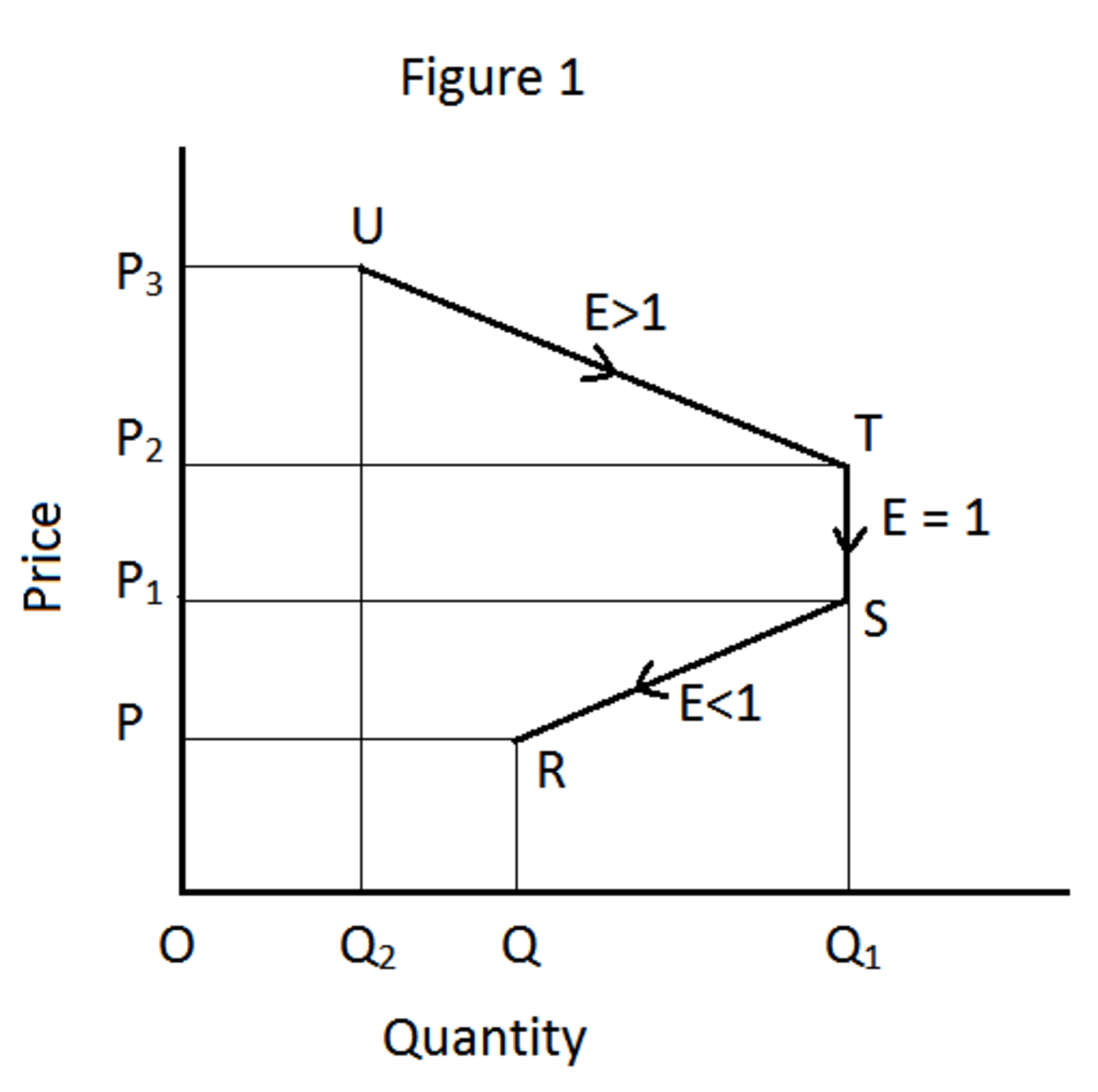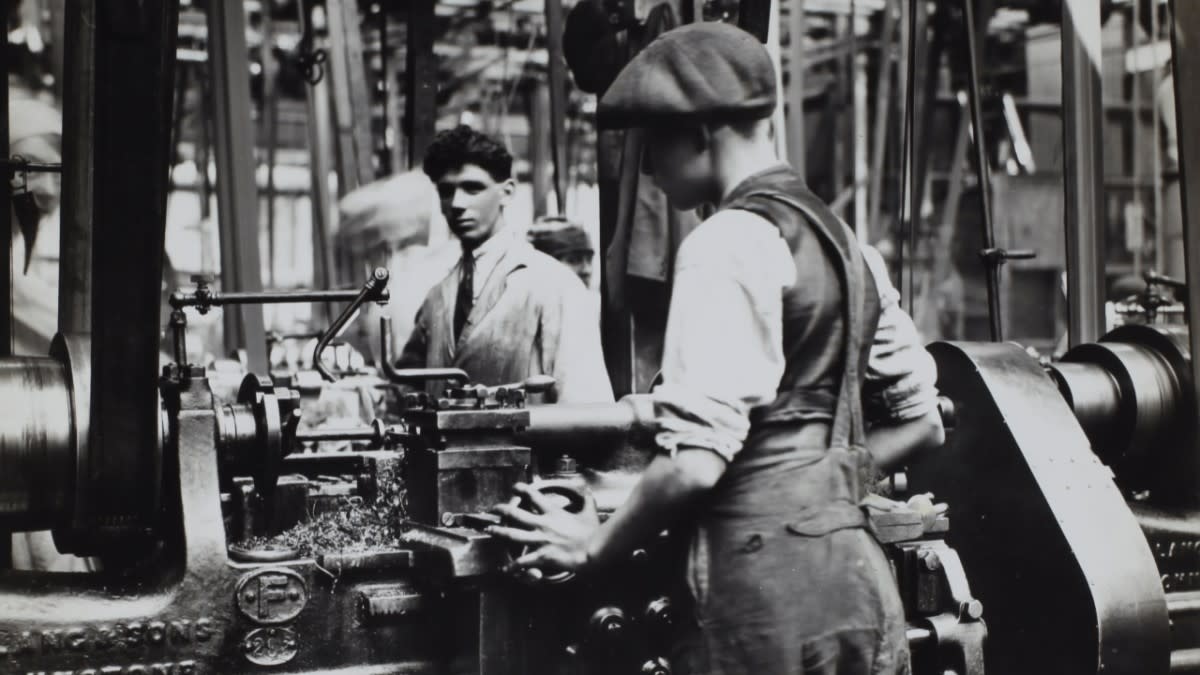A Child's Perception on the Importance of Wealth in Life

How it is then that wealth has become all that matters? Is it really, unconsciously, for lack of love?
For most Americans wealth was incidental, up until around the late 1980’s or early 1990’s when a boom in technology brought swaths of wealth to Silicon Valley and beyond. It was around this time that the social elitist Mary Astor remarked in an interview in The New York Times, “All they care about is making lots of money,” which when coming from the mouth of one of the wealthiest people in the country speaks to the then newly emphasized yet still evolving values taking place in America at that time.
But before this day, living in America was filled with plans and dreams for most of us, and wealth was incidental. Suddenly, in what seemed like overnight, propaganda began to swirl about wealth’s importance and wealth disparities seemed highly relevant even when the shallowness of mere wealth truly held no respect from most people in this country. What mattered then was what one aspired to in life, or what they became or created. Self-help books reflected an individual attitude as well, with titles such as “People Who Need People Are NOT the Luckiest People,” or books on how to save one’s marriage; and who can forget Norman Vincent Peale’s admonitions, like “It is not what happens to you in life, it’s what you do with what happens to you.”
For Americans, being free to dream and free to think differently was its own reward, not the amount of money one made as a result of it. Certainly there were those who tried to make a quick buck – as there always will be – but on balance most people cared little about making lots of money. Most people simply wanted to make a living or fulfill a dream so as to cherish life itself, which they built around them in relationships and family.
No, it is not wealth that bothers the New Left; it is the exuberance in life which wealth appears a byproduct. All of it is a mirage, though, since most that are considered wealthy are not. It isn’t wealth at all, not really, not to me. And I feel my life is a good barometer to make that call since if anyone asked any person who knew my family growing up (and there are hundreds to ask), they would say my family was the poorest in the neighborhood; and what an irony that I would be judged by my closest friends as not caring about wealth at all. What I wanted more than anything in the world was to live my life away from the status quo.
No, it is, rather, a spiritual staleness from a populace who never understood what they were lacking in the first instance. So when they look upon those who live life with exuberance or passion, when their own passion was never born, it produces a jealousy and sense of inferiority that is enough to destroy life itself, even if it means destroying all of life.
One of the symptoms of this staleness came from the medical community almost immediately at the dawn of materialism. It was during the 1990s we began to see a rise in “medical errors.” And although this term is used sweepingly to describe a huge loss of life, one is left to conjure in their minds how 300,000 dead every year can be attributed to “mere” medical error. Oh, really? To me, that these deaths coincided with a rising population focused on wealth is circumspect.
So, while politicians speak of policy and social direction, and while the religious speak of failed moral values, one thing forgotten and not spoken about is the consequence of forgotten health, physical as well as psychological that a focus on materialism engenders. And although it is a difficult subject, one that may be judged as too sensitive, it is that the children of this generation – more than any other generation before it – did not receive the same benefits of a healthy home life with values that those from generations past had, pretty much, taken for granted.
On a recent episode of “60 Minutes,” one of its stories about “babies” revealed their capacity to make moral judgments as young as a few months old. The study is still ongoing. Through puppet shows depicting various behaviors, babies distinguished between the “good” puppet and the “bad” puppet. They also evidenced “bias” in that they chose puppets who demonstrated behaviors similar to their own, as played out by the puppeteers. The study, still ongoing as I stated, is being conducted out of Yale University.
Who among us can deny that babies spend so much time and energy in a constant state of curiosity and wide-eyed wonder at the activity around them, so much so they must sleep from the resulting exhaustion and excitement the activities cause? Who can deny that as they grow they continue to “watch” and mimic their parents? Who can deny that a young child benefits immensely from observing a parent in social action, learning how to conduct oneself, speak to others, and how they watch their parents do what we adults consider the most mundane things? All the little things we do that are a rote part of living, the child is keen to take in: paying cash at the food store, the taking of money into a cash machine, the exchange, the smiles, the “thank you,” the “goodbye”; or the listening as they do to the sounds around them while in the stroller, or while mothers gather together in conversation about various things. Children have no distractions, and their ability to learn languages so quickly at a young age is testimony to their unobstructed and thoroughly undistracted minds and existence.
So who can deny that the interaction parents engage in, with each other or socially, if absent entirely, can make a developing child feel inadequate and unprepared for the world around them when they reach adulthood?
While we all admit the obvious of these observations, why is it we do not see a correlation between a younger generation’s inability to feel a confidence that others in previous generations took for granted, or relate what is happening in our country – a quest for the material – or to our young, as a resultant consequence of growing up with both parents working and who had little or no interaction with their children except at designated hours or times? And within those hours of time, how can we deny that the child was not sensitive or keen to realize that the hours were so designated, as if there was never enough time?
We take for granted that when we speak in social circles, with friends, or co-workers, or when we go on a job interview and find the words to describe ourselves, that these gifts of simply going about living come from ourselves alone. Or we think they come from a better education or an intrinsic “higher” intelligence. Some factors like these undoubtedly seep in as strengths, but for the most part, our children, nearly half of whom have divorced parents, not only feel lack of confidence, but feel disabled when they compare themselves to their parents. And this is the reason, I believe, we are seeing a change in America.
Capitalism is hard because it requires an inward strength and confidence. But in a strange paradoxical way it requires little more than helpful guidance. Why? It is the most creative form of economy. It requires a certain confidence and individual strength, and a set of values. Like the old adage “It is better to give than receive,” it is also a paradoxical truth that a means of life always came from simply “showing up” or putting ourselves on a path with a dream that led, eventually, to a place we never dreamed we’d be. All systems of government require some form of industriousness, but capitalism requires something more, a confidence, that children growing up today lack. So while wealth has its own reward, it is not the true essence of why young people feel an inadequacy without it; it is, rather, the misdirected notion that wealth in and of itself will fill the void denied them; sort of a dispensation.
To those doubtful of the truth of this, I was moved to hear a female working professional describe the look her baby gave her when she was returning to work after maternity leave. “She looked at me as if to say, ‘Where are you going?’ And I wanted to cry because I knew she understood I was leaving.” While many have thought to blame women on leaving the home, what has happened instead is that most women have to work, even if they do not want to.
When a child is reared to believe that making money is more important than life and love itself, is it any wonder we are here today?








